
Background information
Meta under pressure – Part 1: how Facebook became uncool
by Samuel Buchmann

Sony’s bringing The Social Network back to the big screen. While part one was a celebration of the rise of a nerd, part two might well be asking questions about how much power and responsibility a social network should have.
Remember those cold images of Harvard, the feverish typing and Jesse Eisenberg as Mark Zuckerberg talking everyone around him into the ground? The Social Network showed us how an empire was spawned from a fixed idea. An empire that has forever changed the way we connect, work and even vote.
Now the story continues. Sony confirmed to Deadline that The Social Network Part II is in the works. Once again, none other than Aaron Sorkin is on board – the outstanding screenwriter who wrote the razor-sharp and electrifying dialogue for the first part. He’s also directing this time.
However, part two won’t be a classic sequel, but a stand-alone film about the dark legacy of Facebook.
When The Social Network hit silver screens in 2010, Facebook was riding an incredible wave of success. Even back then, over 500 million users were an inconceivable number. The film zoomed in on Mark Zuckerberg’s beginnings – from Harvard party culture to multimillion dollar legal disputes with former friends and business partners.
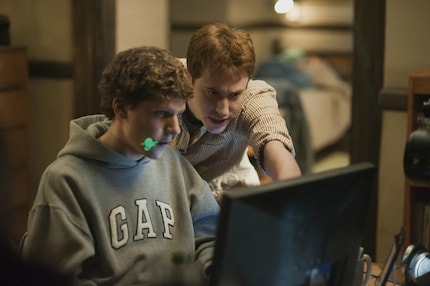
But the movie was more than just a biopic, it was a time capsule. While Director David Fincher told the story in cold, stylish images, Sorkin’s screenplay turned coding and legal disputes into a drama about power, loneliness and the price of success.
Not only did audiences get to see the birth of Facebook, they were also shown that social networks are more than just a digital gimmick, but a symbol of advancement, greed and isolation.
The Social Network won three Oscars, including one for best screenplay. The film was an event in pop culture that proved how tech stories can work on the big screen. But the real thriller only began after the credits had rolled.
Fast forward 15 years and the world’s a different place. As is Facebook. The group now goes by the name Meta. But the new name can’t hide all the problems that have piled up in recent years. Whistleblowers such as Frances Haugen helped shed light on things. Fellow editor Samuel has dedicated an entire series to this topic. Read part one here:
Three things are pivotal to Facebook’s downfall:
Cambridge Analytica was the first big scandal (page in German). In 2018, whistleblowers and investigative journalists uncovered that the company had tapped into the personal data of millions of Facebook users to influence political campaigns. While the scandal violated people’s trust in social media worldwide, the findings were a direct attack on democracy.
Then came the Facebook Files (page in German), a series of articles published in the Wall Street Journal in 2021. The publications revealed that Facebook knew exactly what damage the platform was causing – particularly to adolescents, developing countries and to the global information ecosystem. Hate, division, fake news: Facebook was fully aware and didn’t do a great deal to stop it.
Then there was the question of responsibility and which role Facebook played in the storming of the Capitol by Trump supporters on 6 January 2021. This is where things get particularly controversial. But I’ll get back to that later.
Meta’s investing billions in the Metaverse, while user numbers are stagnating and trust in the platform is crumbling. Facebook is no longer a place where people merely share cat photos. It’s become a power factor that shapes and divides societies.
All of this provides more drama than many a fictional story. No wonder Aaron Sorkin wants a part two.
If anyone can tell this story, it’s Aaron Sorkin. His rare talent is making complex topics exciting without trivialising them. Be it politics in The West Wing, the media world in The Newsroom, technology in Steve Jobs or the creation of Facebook.
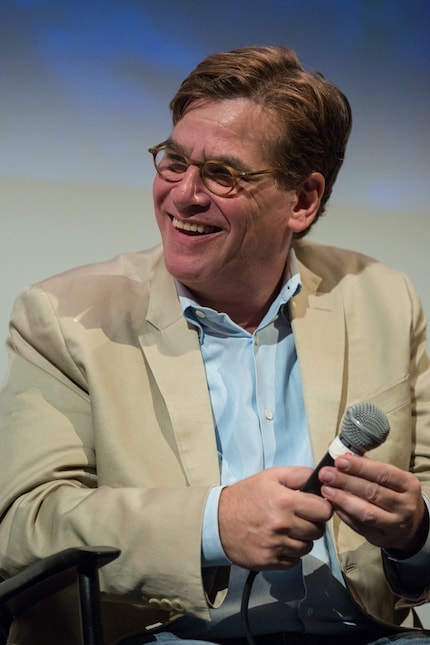
Sorkin loves characters who walk that fine line between genius and madness. Driven visionaries. This is precisely where the drama lies: in brilliant minds that go too far, break the rules, exposing moral abysses.
Sorkin’s great dialogue is often so fast and razor-sharp, you’ll struggle to catch your breath. But there’s always a deeper layer commenting on power, ethics and human weakness. This is precisely what could make Part II so explosive.
Officially, the project is simply called Part II. But insiders have been emphasising that this won’t be your standard sequel. Instead, it’s set to be a stand-alone film that traces Facebook’s transformation – from revolutionary start-up to global problem.
According to Deadline, the focus will be on the exposure of the Facebook Files. Or rather the fact that people inside Facebook had long known how much the hate, fake news and toxic content on their platform was damaging the global information system and how little they were doing about it.
The film might also be about Zuckerberg’s personal transformation from charismatic visionary to CEO sweating in front of congressional committees, dodging questions and looking for a way out with the Metaverse.
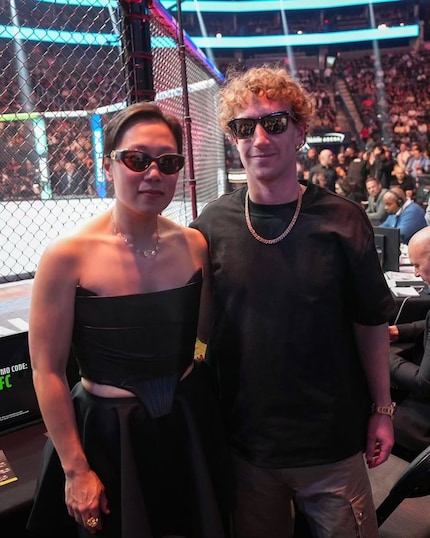
According to Deadline, it’s unclear whether the movie will directly depict the events of 6 January. But it seems likely that the political consequences of Facebook’s algorithms will play a central role. Last year, Sorkin said in an interview that he held Facebook partly responsible for the storming of the Capitol in Washington in 2021.
One thing’s for sure, this story has grabbed Sorkin’s attention. Not to mention it’s way bigger than the story of Facebook’s founding. This time, things’ll be even more political, even darker, even more relevant.
Facebook and Meta aren’t regular companies. They affect you, me, all of us. They influence how billions of us consume information, what we buy, what we believe in, who we vote for and how we talk to each other.
Many of us have had a difficult relationship with social media for quite some time now. While we love connecting, fast news and its reach, we don’t trust the algorithms that fuel hate and devour our data.
A movie like The Social Network Part II could help make these contradictions more visible. Sorkin might show how a vision grew into a global corporation that’s suspected of endangering democracies. And he might ask questions that affect us all:
After all, it’s not just about Zuckerberg or Meta. It’s about how our society will function or fail in this digital age.
My interests are varied, I just like to enjoy life. Always on the lookout for news about darts, gaming, films and series.
Interesting facts about products, behind-the-scenes looks at manufacturers and deep-dives on interesting people.
Show all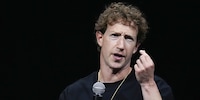
Background information
by Samuel Buchmann
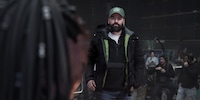
Background information
by Luca Fontana
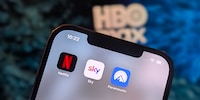
Background information
by Luca Fontana